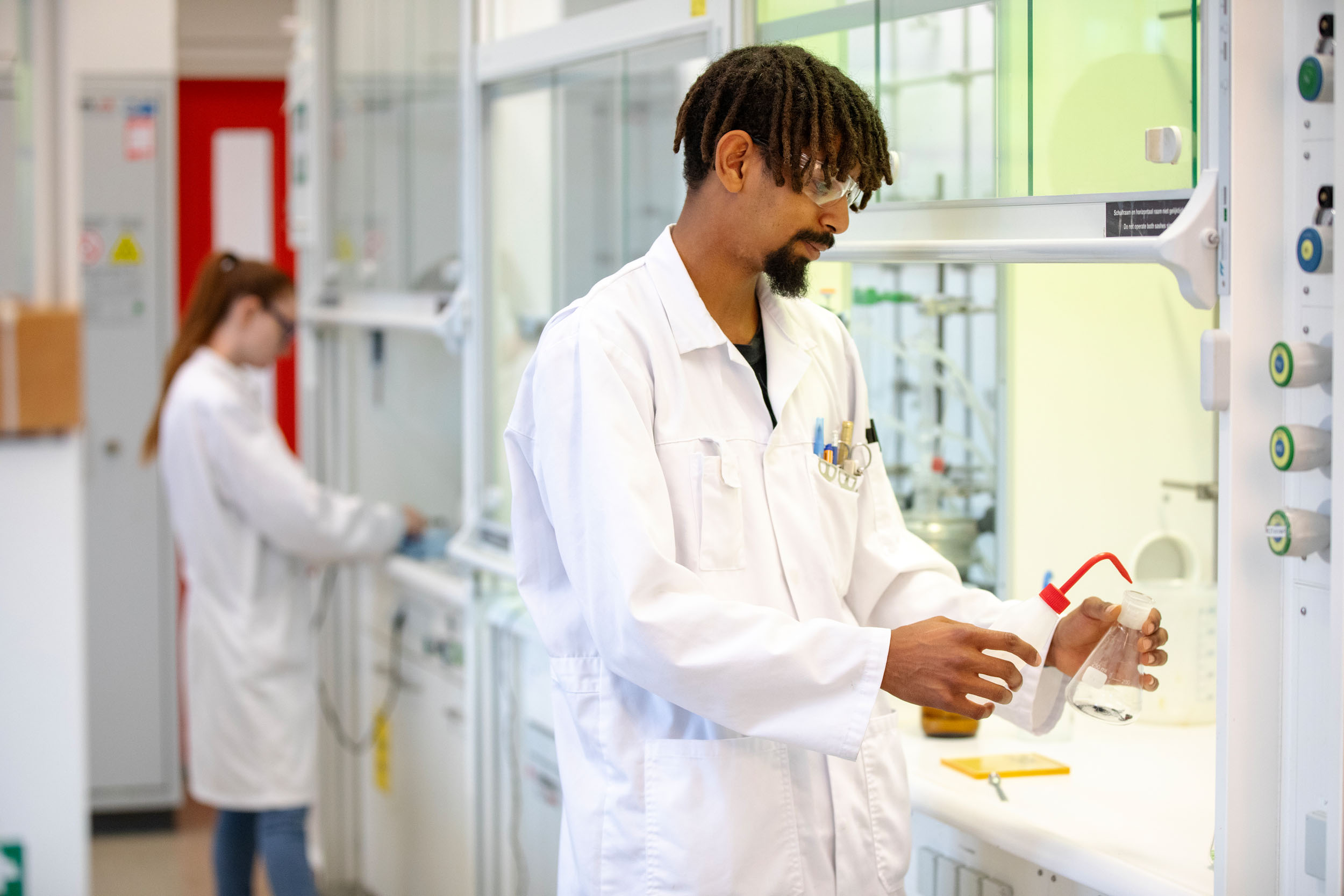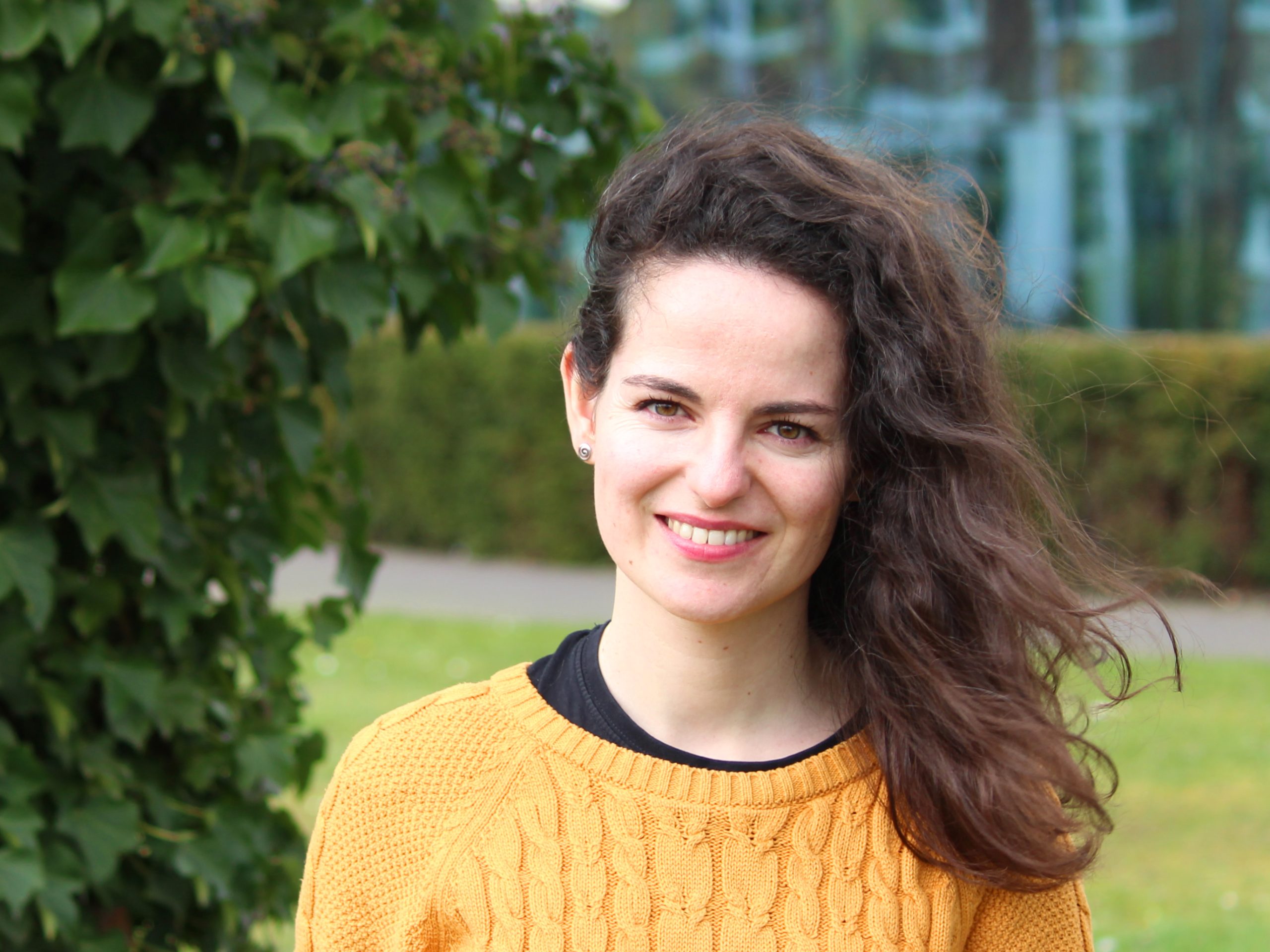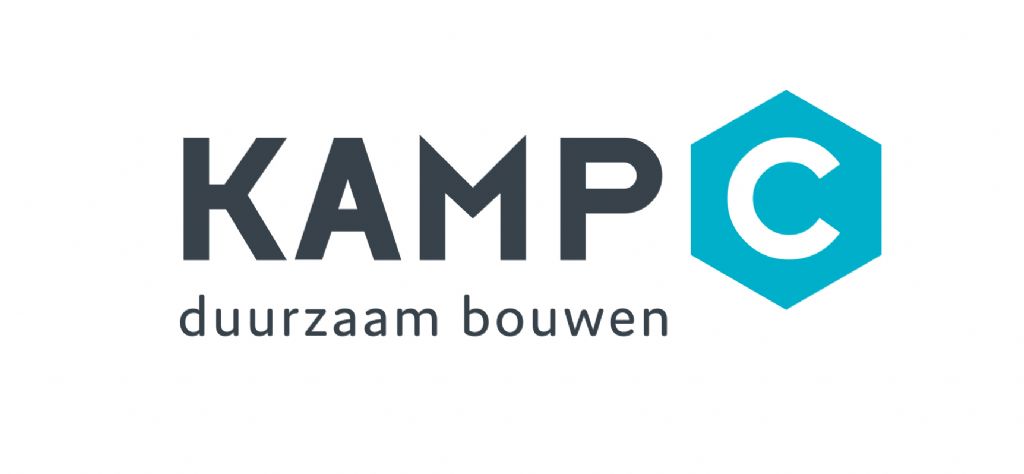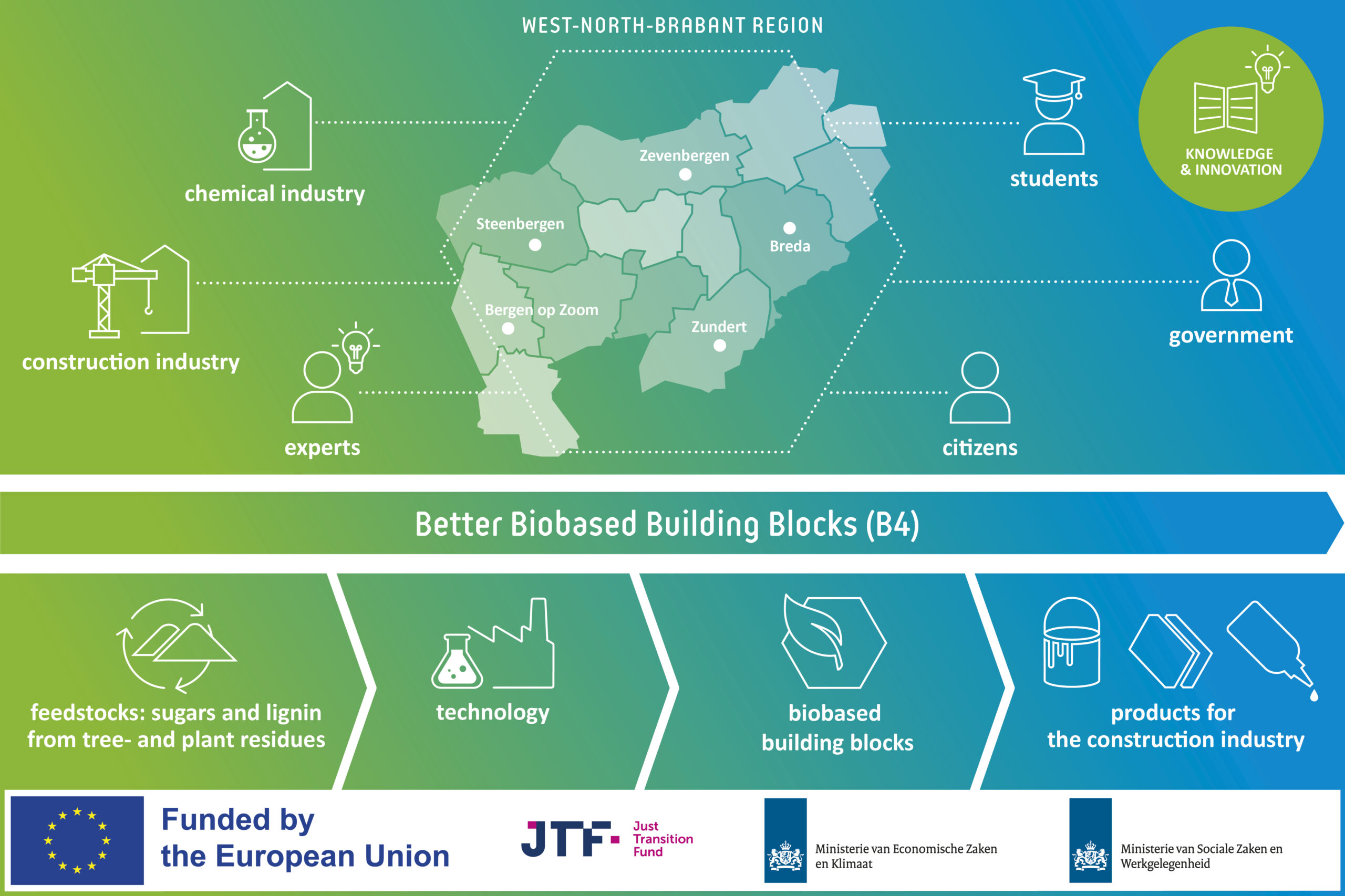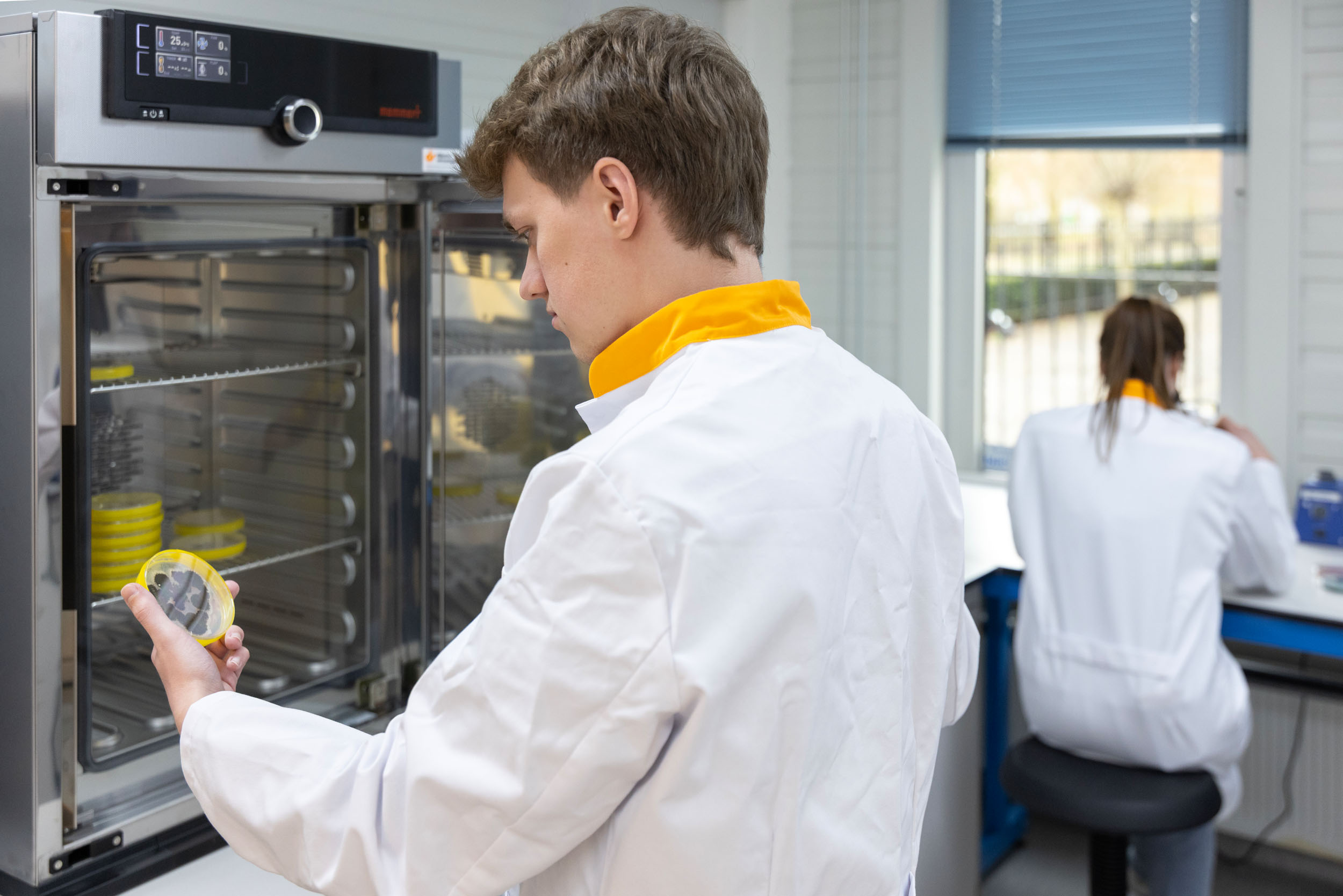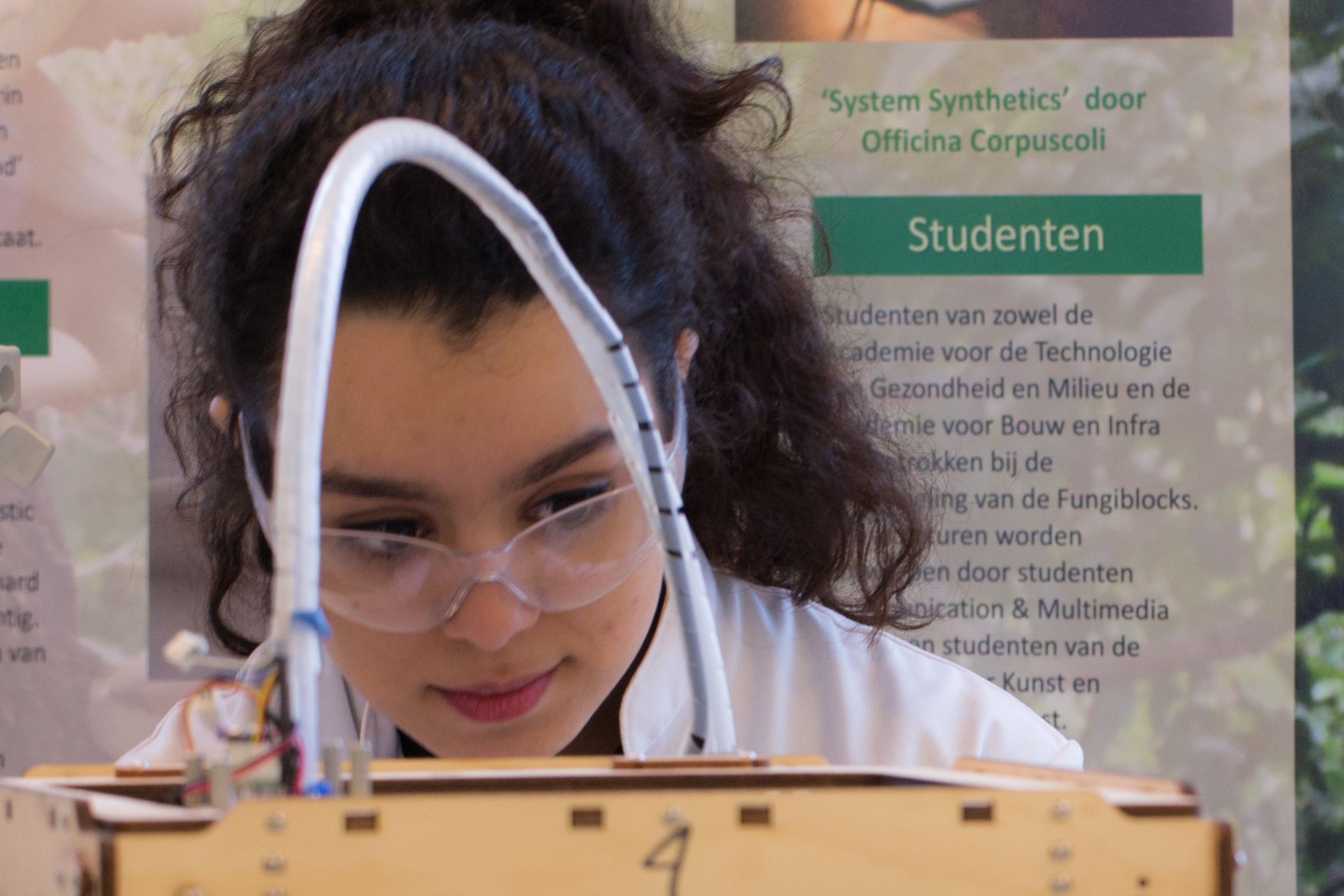Forty percent of all chemicals are aromatic
Manufacturers of products such as plastics, paint, adhesives, insulation foam, and textiles use aromatics to provide their products with high-quality properties such as scratch resistance, UV resistance, adhesion strength, or gloss.


As much as 40% of all chemicals are of aromatic nature, amounting to 122 million tons per year, valued at €120 billion, with an annual growth rate of 5%. So far, these aromatics have been produced from fossil resources, which has a negative impact on our environment.
Renewable aromatics
It is also possible to produce aromatics from renewable sources such as lignin, the substance that provides trees with structural support and is a byproduct of the pulp and paper industry, or from non-edible residual sugars from the agricultural sector. Aromatics can also be recovered from plastics. Over the past 10 years, VITO and TNO, as initiators of the Shared Research Center Biorizon, have successfully scaled up the technological development of bio-aromatics in collaboration with the European industry.
BIO-CAPPP: Biorizon Center for Applications & Products with Premium Properties
The BIO-CAPPP project will develop renewable aromatics and actively apply them in products in collaboration with companies, experts, and students. Together, the project partners will enable the commercial production of bio-aromatics and stimulate the market for sustainable products with premium properties.
At the Biorizon Application Center, companies can collaborate with knowledge workers and students to apply bio-aromatics in products for sectors including construction and textiles under favorable conditions (innovation vouchers). The use of bio-aromatics not only makes these products more sustainable but also enhances their functionality with premium properties.
Furthermore, the partners will embed the developed knowledge and skills into educational programs, ensuring that future employees can implement sustainable innovations in practice at companies.
Projectpartners
In the BIO-CAPPP project, partners from Flanders and the Netherlands are working closely together.
Project leader VITO from Flanders and TNO from the Netherlands have been collaborating since 2013 on the technological development of bio-aromatics derived from sugars, lignin, and unrefined waste streams under the umbrella of the Shared Research Center Biorizon. The Flemish organization CENTEXBEL and Avans Hogeschool / MNEXT from the Netherlands will work together with VITO on the development of innovative applications based on lignin and sugar-based building blocks, with a special focus on the construction and textile sectors. Kamp C from Flanders will inform, inspire, and support end users, the construction sector, and local governments in the adoption of sustainable innovations. The Green Chemistry Campus will serve as the central hub of the project, where entrepreneurs, governments, and knowledge institutions collaborate to scale up bio-based and circular innovations, and where citizens can experience the transition at the experience center.
Interreg Vlaanderen-Nederland
The BIO-CAPPP project has a total budget of €4.3 million and is co-financed by Interreg Flanders-Netherlands, the cross-border cooperation program with financial support from the European Regional Development Fund, VLAIO, the Province of Antwerp, East-Flanders and North Brabant and the Dutch Ministery of Economic Affairs and Climate Policy.
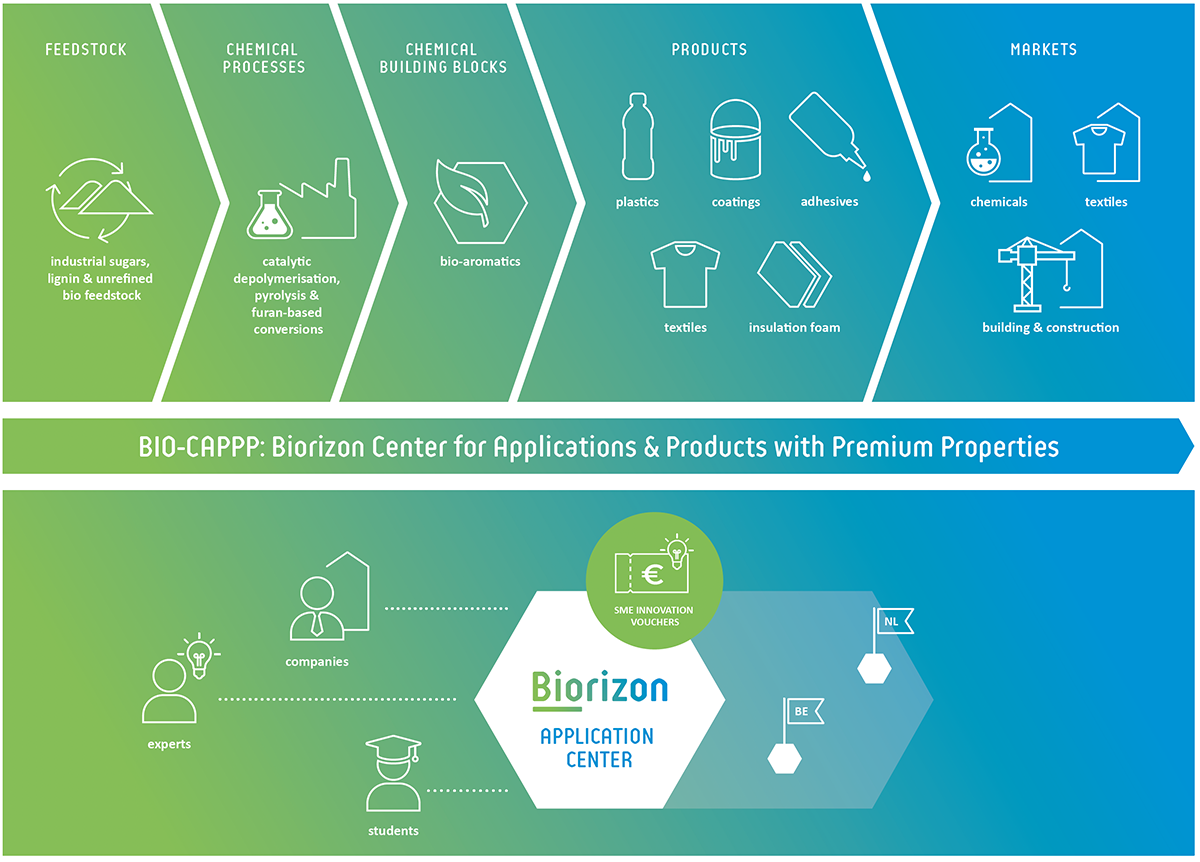
June 2023 until May 2026




